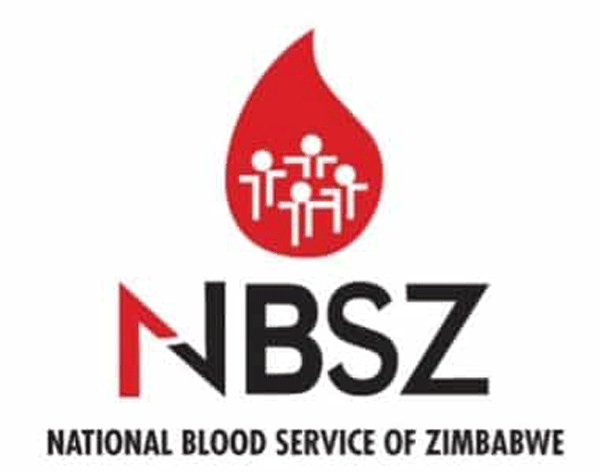
BY PHYLLIS MBANJE
THE National Blood Services Zimbabwe (NBSZ) has once again been forced to defend the high price of blood and products, saying there is a value chain between its donation and transfusion to a patient and this costs US$120.
The issue of high blood user fees, currently pegged at US$120, has remained an area of concern, with many questioning why the donated blood is being charged exorbitantly.
“While we acknowledge that blood is donated for free, there is a value chain between its donation and transfusion to a patient and this value chain costs US$120, an amount that is arrived at, by itemised direct costs (materials and labour) and overheads,” NBSZ said.
“Giving blood is a pure and selfless act from one person, who voluntarily donates their blood for another unknown person, without pressure or expectation of any form of reward or payment in cash or kind .”
NBSZ said in South Africa, according to the South Africa National Blood Service website, a unit of blood costs R2 295,91 (which is around US$153).
“Blood services are modelled around the cost recovery system which requires the patient to absorb the cost for us to continue operating,” said the blood bank, which insisted that it did not make profit from blood, adding that its financial statements were readily available for public scrutiny.
“While this amount of US$120 does sound exorbitant, this is the actual/exact cost that goes into the production of a safe unit of blood and the itemised cost build-up is available for public scrutiny. There is more to the transfusion chain than the collection of blood freely.”
- Chamisa under fire over US$120K donation
- Mavhunga puts DeMbare into Chibuku quarterfinals
- Pension funds bet on Cabora Bassa oilfields
- Councils defy govt fire tender directive
Keep Reading
However, patients receiving treatment from non-private wards of public health institutions can get blood and products for free, subject to availability.
Blood is also accessible for free at council and mission hospitals.
Hospitals are allowed to charge a 5% administration fee on blood and blood products.
This follows an initiative by government to introduce the free blood initiative in 2018.
- Follow Phyllis on Twitter @pmbanje











